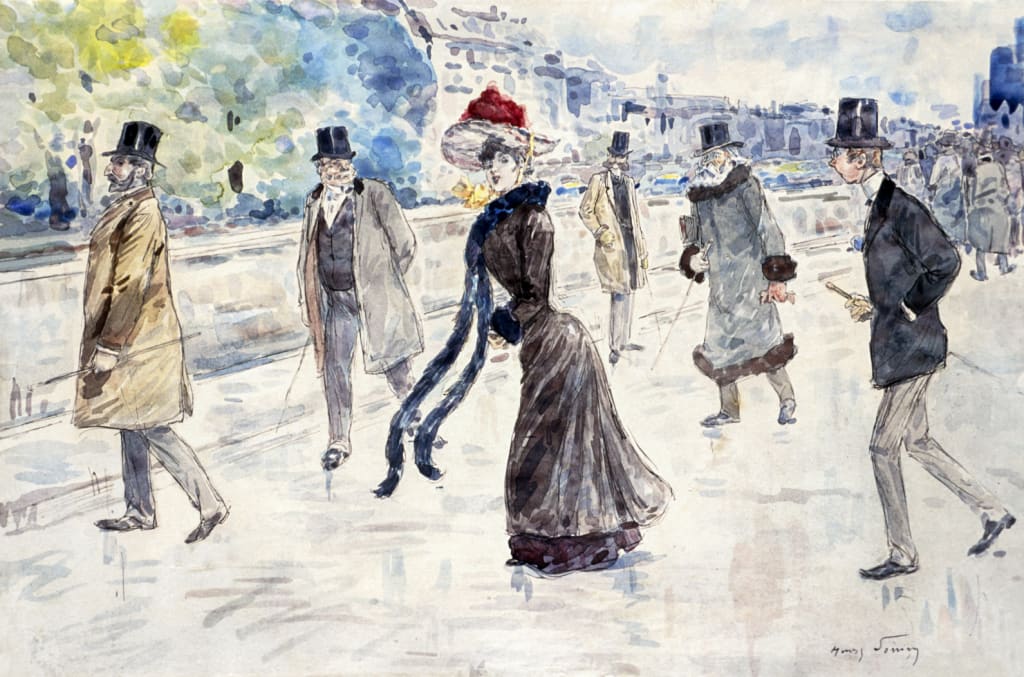Harnessing Unique Manpower: Crafting the Right HR Strategy for the 21st Century
It's no secret that people are the lifeblood and engine of any organization. Organizations cannot thrive in the twenty-first century unless they have the right people in the right roles. That is why it is critical for businesses to have a HR strategy in place to accelerate their human capital. As a result of the current trend toward transformation, people are increasingly at risk of being treated as a resource rather than a human being. Should our Human Resources strategy continue in this direction? And how else can we make it better?

How do humans become resources?
It began in the late 1800s when organizations started expanding and taking on more employees due to the industrial revolution. Human resource management was developed as a response to this need; it is based on the idea that employees are an organization's most valuable resource, and as such, they can be nurtured and cultivated to achieve their full potential. In the early 1900s, the field evolved as more employers began to understand the importance of their human capital. They began to focus more on employee relations, talent management, performance management, and the overall wellbeing of their employees. This is when the concept of HR really began to take shape.
What is human resource management and its function?
Human Resources Management (HRM) is a critical element for businesses that want to maximize the potential of their people. HRM focuses on Talent Acquisition, Talent Management, Performance Management, Total Rewards, and Employee Engagement to ensure that the organization and its people are set up for success.
- Talent Acquisition focuses on finding the right people.
- Talent Management motivates them to reach their highest potential.
- Performance Management encourages having the right goals and systems in place to support personal and organization growth.
- Total Rewards focuses on rewarding excellence.
- Employee Engagement creates a culture that inspires and takes care of the lifeblood of any organization.
In simple terms, having great human resources management is like having a magical genie that can grant all of your wishes! HR can provide a comprehensive framework to ensure a productive and efficient workplace and can solve workplace issues. But of course, that's all a bit of wishful thinking. In reality, HR is more like a traffic cop, having to manage the flow of people and organization resources, making sure that everything is running smoothly, and that everyone is safe and comfortable.
Today, HR plays an even more important role in organizations. Businesses need to be able to respond quickly to changes in markets and technology. This means that HR must be able to adapt and deal with the issues that are most important to the success of their organization. People should be encouraged to be in an "I will Survive" mode. That is, if the change knocks on their doors, companies need to notify them. At the very least, give them the option of staying with the new condition of change or leaving with the condition that is in the best interests of both parties. People are able to recognize when change is inevitable, and as an organization, you never know when you may require their services in the future.
Don't burn the bridges when it comes to people.
Humanity no longer has to resort to bloody warfare in order to settle disputes, but the economic hardships caused by such conflicts can still bring tears of sorrow. I understand that the management team needs to make tough decisions in order to keep the business afloat during a recession, but it is important to remember to be kind while you can.
In the Art of War, Sun Tzu taught us that the clever combatant knows how to impose their will on their enemy while avoiding being imposed upon themselves. By offering advantages, whether they be rewards or other incentives, you can cause the enemy to pursue your own interests, and giving you the upper hand in the conflict. In today's world, bad rumors are hard to erase, and it's important to remember that your candidates and employees are now your customers.
When making decisions about your employees, it's important to think about how they will affect your brand.
The future of Human Resources is critical to the success of any organization. Consider who you would call if bad news broke in the company, aside from your boss. It's the human resources department. To remain competitive, human resources must be adaptable, able to identify and resolve employee issues that have an impact on business outcomes, and committed to improving the employee experience.
What is employee life cycle in human resource management?
In Human Resources, the Employee Life Cycle refers to the stages of an employee's journey with a company, from recruitment to retirement.
- Talent Acquisition: Recruiting->Job Posting->Interviewing->Hiring->Onboarding
- Performance Management: Goal Setting->Performance Review-> Talent Review->Performance Evaluation-> Feedback->Development Plan
- Learning and Development: Organization Goal analysis->Training needs analysis-> Annual Training Plan
- Employee Engagement: Engagement Survey->Engagement Result->Engagement Action Plan->Employer Brand
- Total Rewards: Increment or benefits adjustment after performance evaluation and business result
All in all, HR's purpose is to ensure that employees are provided with the tools, resources, and support they need to do their jobs purposefully, effectively and happily.
What is the best HR Strategy? In the 21st century
The best HR strategy must assist organizations in achieving their short- and long-term goals. It basically outlines the objectives and goals of a company's human resources department, including how to recruit, retain, and motivate employees, as well as how to assess and develop them. The 21st century created a paradigm shift in HR strategy, from organizational to personal. People no longer have demand in groups but more individually; everyone is a hero in that sense and requires a story of their individual character growth. By looking at the hero's journey in movies and TV shows, we could come up with an interesting HR strategy that helps the organization and each person's personal growth.
Now, HR can focus on “HUMAN or “Harnessing Unique Manpower to Achieve Necessity.”
It's crucial to foster an atmosphere of mutual respect and cooperation, one in which every member can feel comfortable sharing their ideas and contributing their unique talents, based on their own Hero’s Journey. By leveraging the unique talents of their employees, companies can reap the benefits of improved outcomes.
About the Creator
Pleng
I'm Pleng, passionate about Scaling Business with People and AI. Let's connect! #talentmanagement #humanresources #AIinHR #futureofwork






Comments
There are no comments for this story
Be the first to respond and start the conversation.